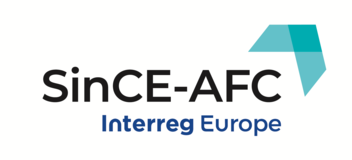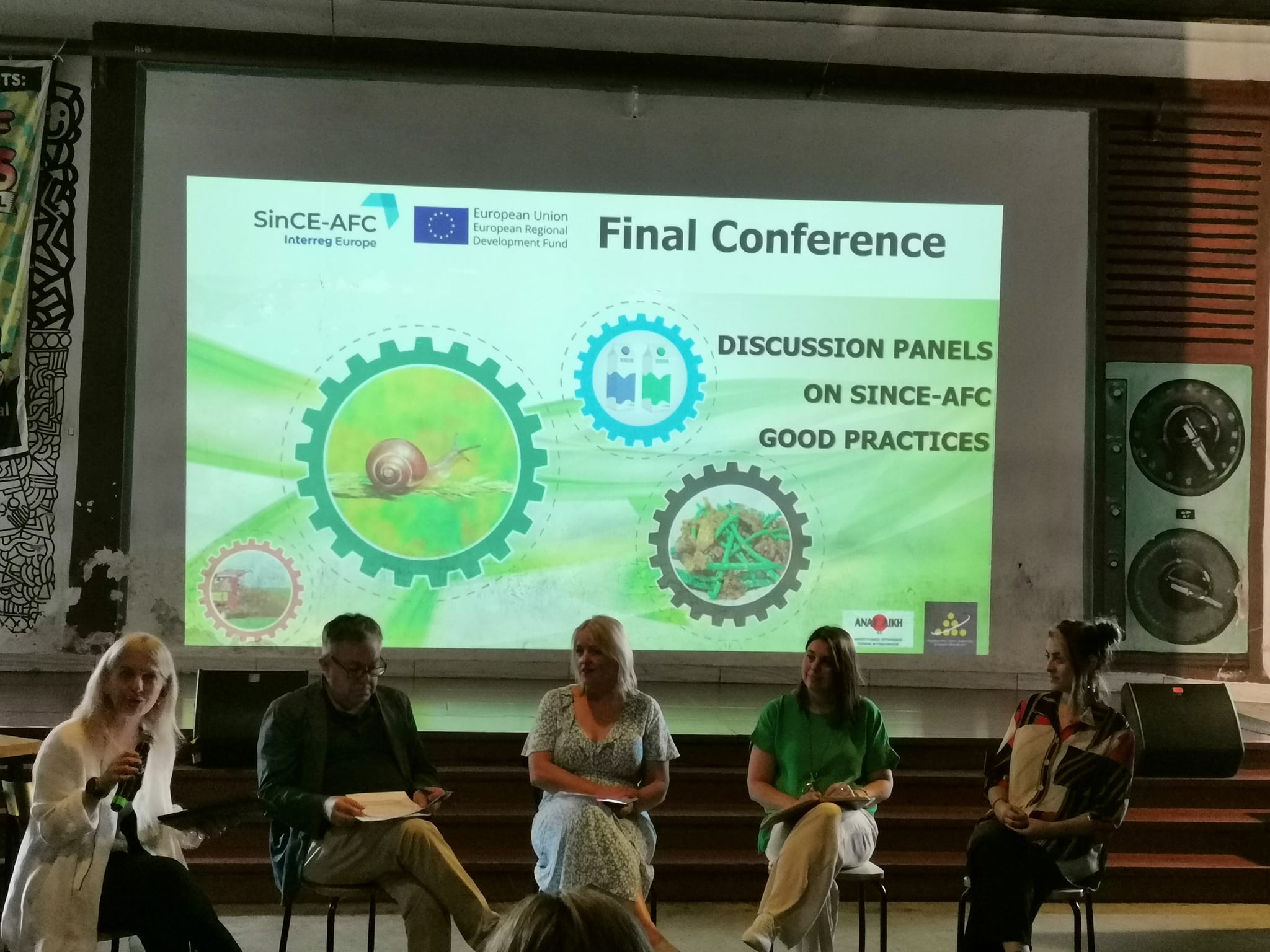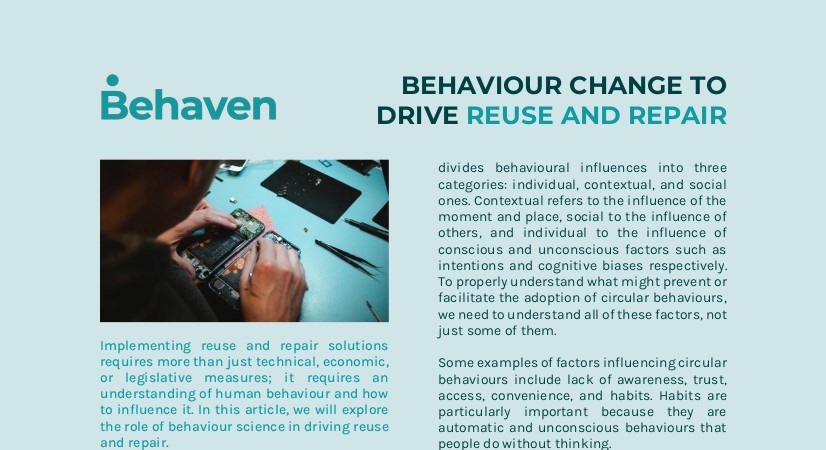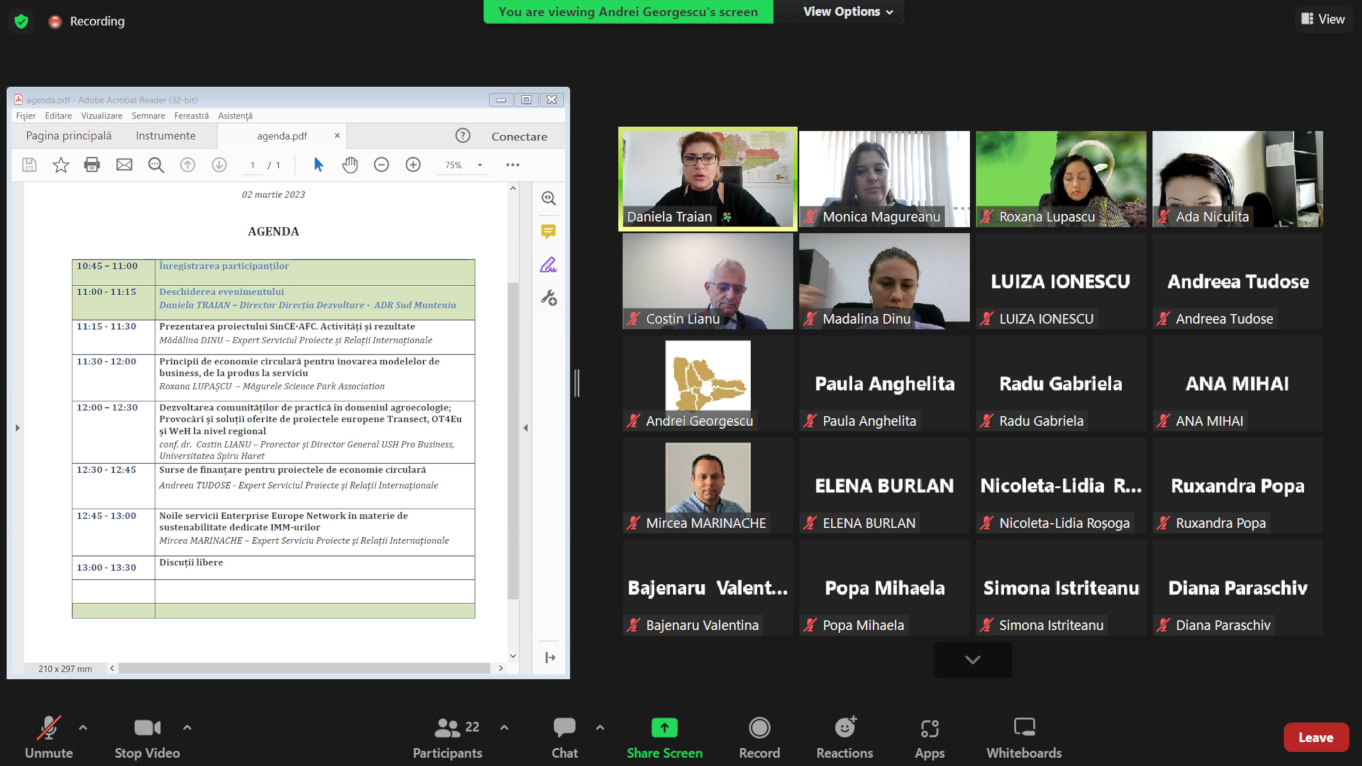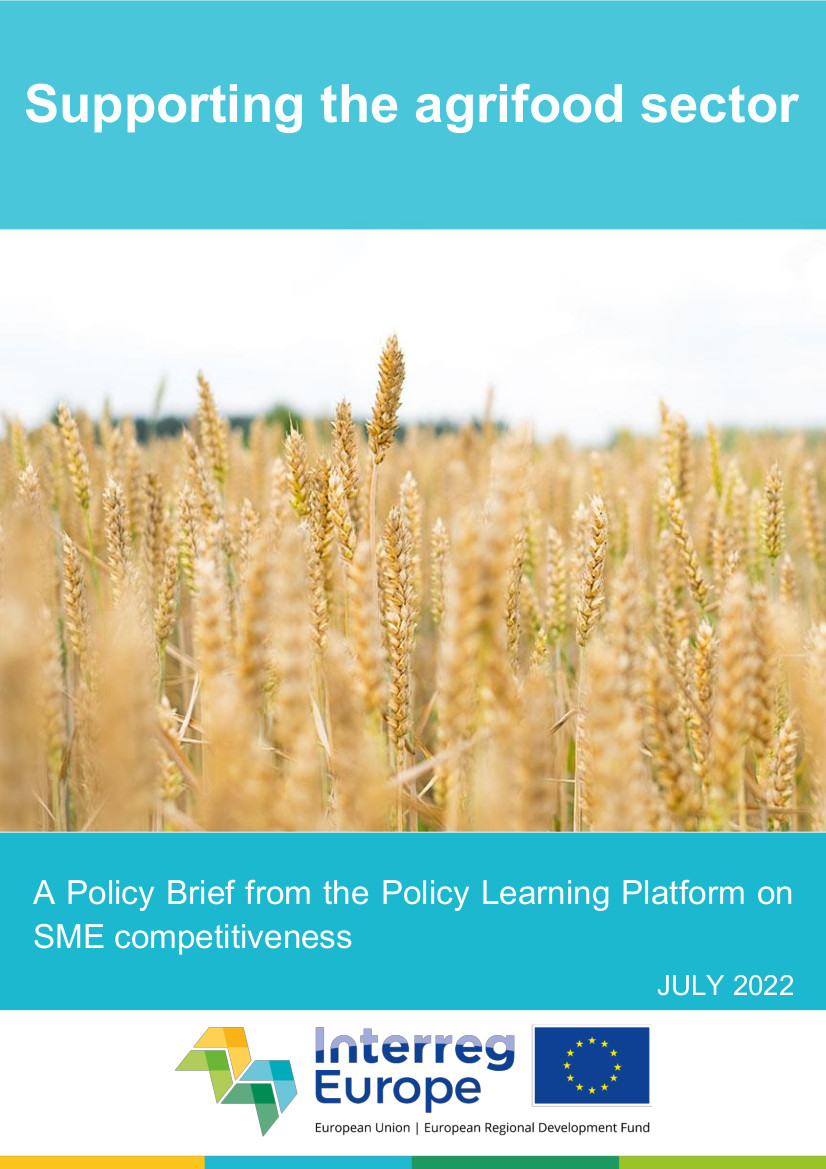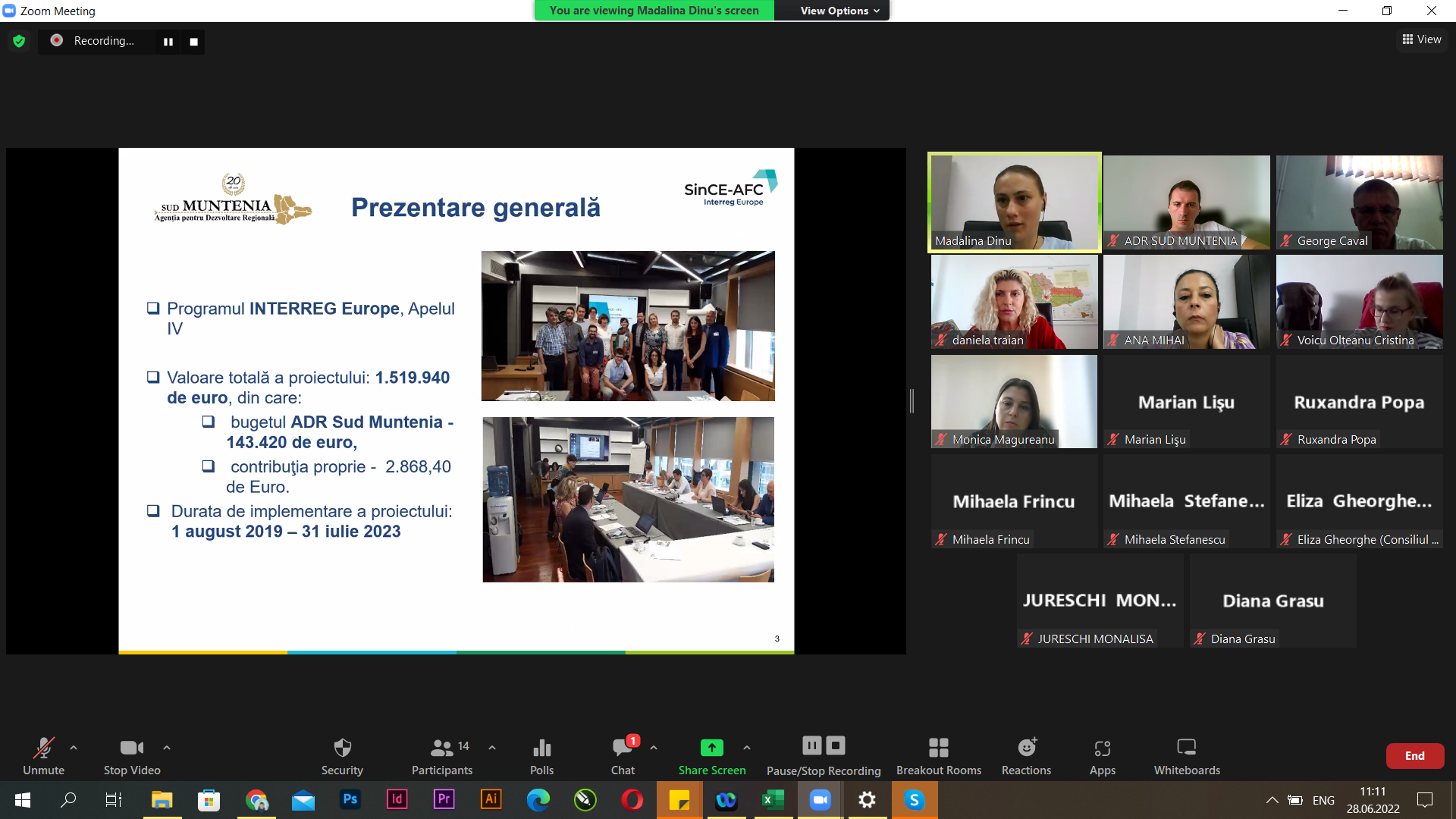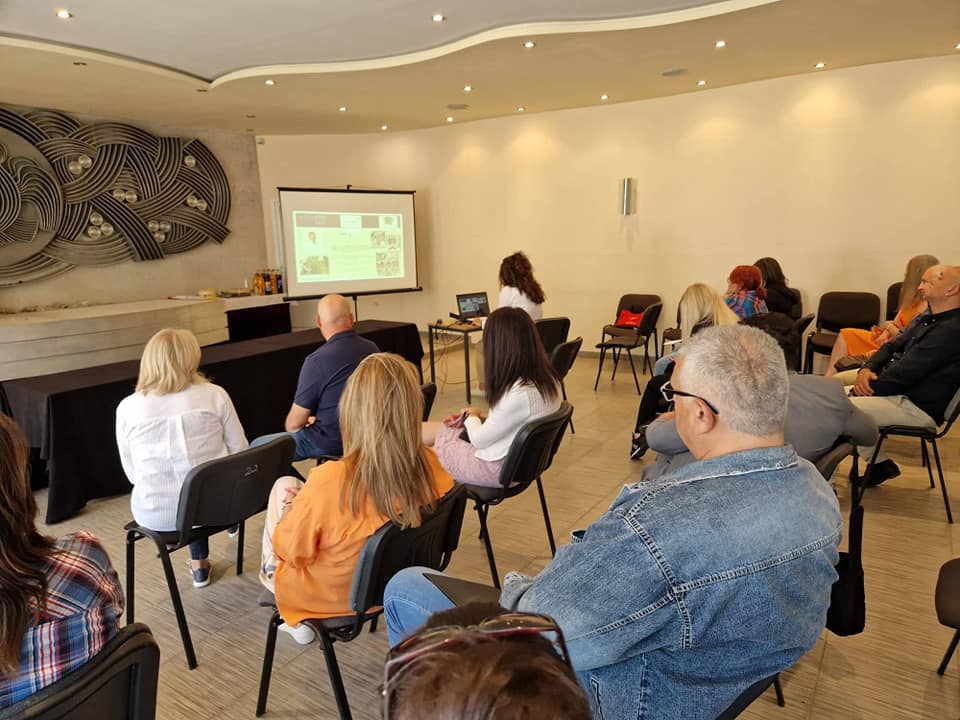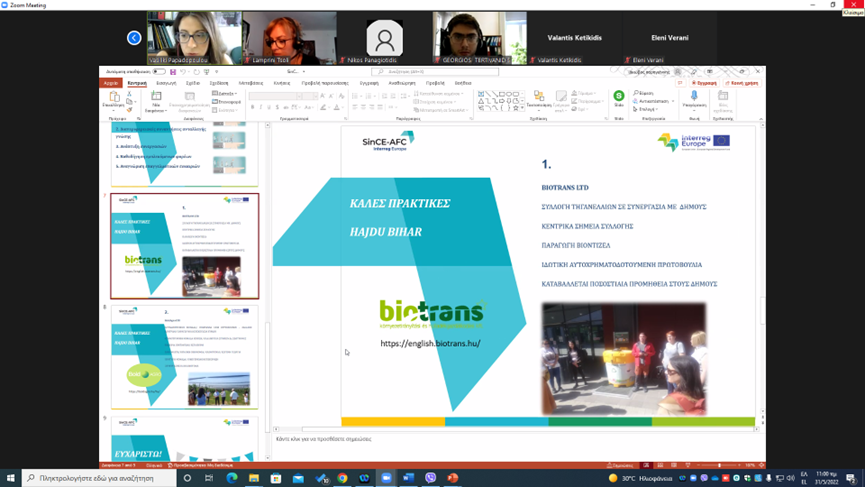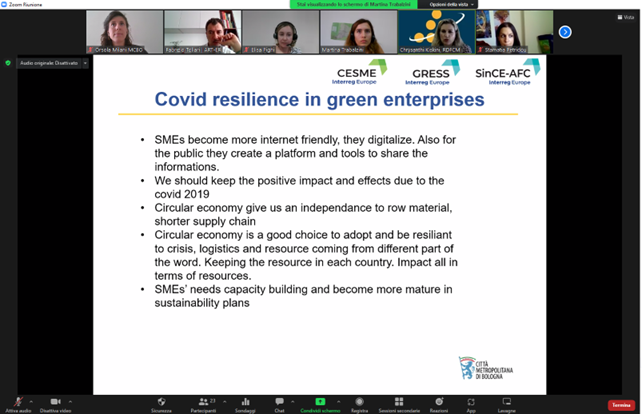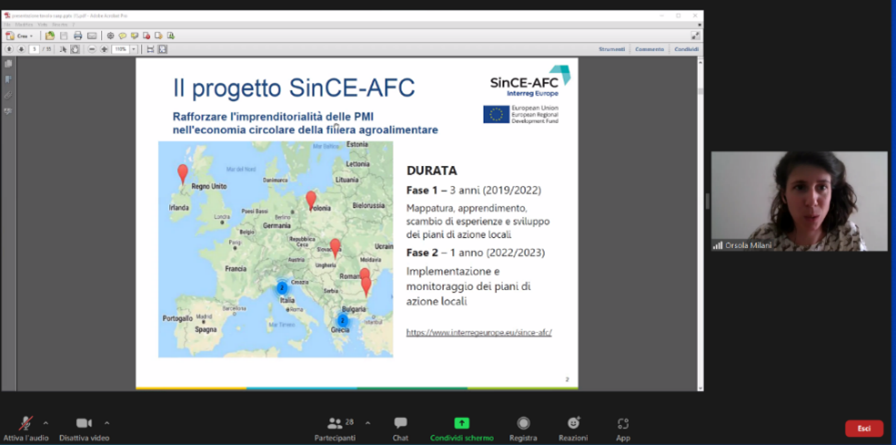The meeting took place online due to restrictions on the coronavirus pandemic and was set up by the "Research-Innovation and Management of European Projects" belonging to the Offices of the Metropolitan City of Bologna (MCBO) Economic Development Area.
Marino Cavallo (MCBO) introduced the meeting that was held to start a discussion for the development of the local action plan and its line of actions on the Appenine Bio-district and the local markets. The objective of the session was double: firstly, to give the participants the opportunity to get to know each other about their own expertise and recent activities, and secondly to arrange an agenda for the next steps of the local stakeholder group.
After a brief presentation from each participants a discussion followed on how Circular Economy can be introduced in the Bolognese Apennine Bio-district. Even if agriculture is basically circular, it has to be investigated how the cultivations are done and if we can improve the techniques in all the activities sectors.
Key points and lessons learnt
• Bruno Alampi (responsible for the enhancement of the Apennines) reported on ongoing project for the Bologna Appennines promotion, proposing a possible integration with the action from Since-AFC project.
• Stefano Sozzi (LAG Bolognese Apennine) highlighted how, even if Emilia-Romagna Region still does not have a law on the Bio-districts. He reported about the status of the creation of a Bio-district. He underlined how the Apennine businesses and farmers have a multi-products structure meaning flexibility in the production but also that flexibility is needed in the Bio-district construction. They are very interested in local markets, as they represent a great opportunity for AFC producers.
• Giorgio Pirazzoli (Mercato Ritrovato) reported that agriculture follows traditionally the circular paradigm, so the AFC markets are good examples for this kind of practices. However, he underlined the need of qualification for quality market.
• Francesco Silvestri (Eco&Eco) commented how production of guidelines and incentives are helping the transition towards the circular economy of businesses, focusing on the AFC sector.
He suggested a methodological approach, already applied to Ecoregions study and to its feasibility study: about 100 interviews were done, analyzing the approach to Bio-district along the supply chain, not only the views from the farmers on the Apennine, but also from the city markets and distributors.
• According to Mario Zambrini (Ambiente Italia) there are linkages and elements of complementarity among productive activities (agriculture, manufacturing, and services) and so there is a need to have a general view to coordinate actions on different territorial levels from urban to rural areas. There is a need to identify the bottlenecks of the current legislations and drafting options for improving the horizontal mechanisms promoting the circular economy of SMEs.
• Laura Andreazzoli (Ambiente Italia) noted how also in agriculture there is potential for improvement on the circular economy practices, for examples in term of use od sustainable materials by analysing the farmers needs and providing them through workshop events knowledge and suggestions on which tech innovation can be introduced and is the most suitable.
• Marino Cavallo (MCBO) proposed a research study by Ambiente Italia whose results will be presented and discussed in the next meeting in September 2021.
• Stefano Sozzi (LAG Bolognese Apennine) commented that for the boosting of the Circular Economy there should be the involvement of lawmakers and policy makers as local laws should be changed, but also technicians, who could transfer their good practices to the Biodistrict associated.

